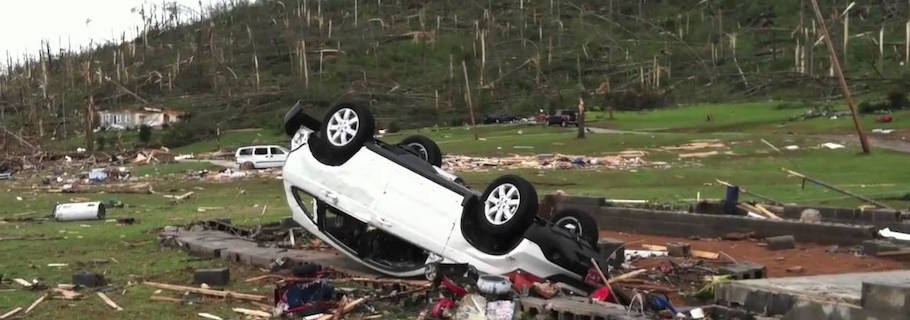Do you remember Pepé Le Pew? Pepé was a skunk, one of the classic characters from Looney Tunes. He was known for two things: His obsession with finding amour (love, that is) and his unbearable stink. These factors were constantly and comically at cross purposes. If you remember watching those cartoons, you no doubt remember seeing the trail that Pepé left behind him. Wherever he went, wherever he walked, he left behind an offensive cloud of stink. No wonder, then, that he had such trouble finding love! I thought of poor Pepé recently as I was searching for a metaphor to help describe matters that are far less comical.
Sin isn’t here for a moment and then gone. No, sin is so evil that it leaves its lingering scent behind.
As we make our way through this life we have endless opportunities to encounter sin. Sometimes this is our own sin and sometimes this is the sin of others. Sometimes this sin is pre-meditated and carefully constructed to bring the greatest devastation. Other times this sin is inadvertent, negligent, thoughtless, based on omission rather than commission. Of course the motive behind the sin does little to lessen its pain and impact. No matter where the sin comes from, no matter the intention or lack of intention behind it, we encounter sin and are harmed by it. What we find as we examine sin and its consequences is that sin leaves a trail behind it, a trail that is like Pepé’s trail of stink. Sin isn’t here for a moment and then gone. No, sin is so evil that it leaves its lingering scent behind.
But, then, I wonder if stink is a significant enough metaphor. Perhaps it would be better to speak of the wake left behind by a boat or the contrails left behind by a high-flying aircraft. But then even as I write I am reminded of a trip to Ringgold, Georgia, where my sister and her family live. Ringgold had recently been the scene of a massive tornado that had torn through town, leveling entire neighborhoods. As we drove toward her house a couple of months later it was easy to see where the tornado had entered the town, the path it had followed (just a block from her house), and the place it had finally made its exit. It was easy to track because of the utter devastation it had left in its wake. In the end, 8 people died and 30 were injured. Homes, schools, and businesses were destroyed. So maybe sin is like a tornado, leaving wreckage behind.
But is even a tornado a significant enough picture of sin? A tornado is one big system that devastates and destroys, but quickly moves on. As much damage as that F4 tornado did to Ringgold, it lasted for just a few minutes and was gone. Sin is different in that a big sin seems to spawn a thousand little sins. So maybe we need to push the metaphor to near the breaking point to say that sin is like a big tornado that tears through town while spawning off hundreds of smaller tornados, each of which goes in its own direction, causes its own trauma, and leaves behind its own trail of destruction. One big sin is so awful, so evil, so sinful, that it generates a thousand little opportunities to compound the sin, setting off all those other whirlwinds. People can sin in their response—perhaps they try to cover it up or they try to downplay it. People can sin as they process it—perhaps they gossip about the people involved or they make prideful assertions. People can sin in their actions—perhaps they overreact or underreact, displaying either needless panic or thoughtless apathy. The possibilities are endless.
The fact is that sin is awful, unbearably awful. Sin is evil, horrifyingly evil. And sin begets sin. There are endless ways that sin invites sin, that sin promotes further sin, that sin invites the opportunity to sin more, to sin deeper, to spawn off into a massive all-consuming storm. Let this be just one more reason to put sin to death—to search it out, pray it out, and, through the power of the Holy Spirit, to root it out.










